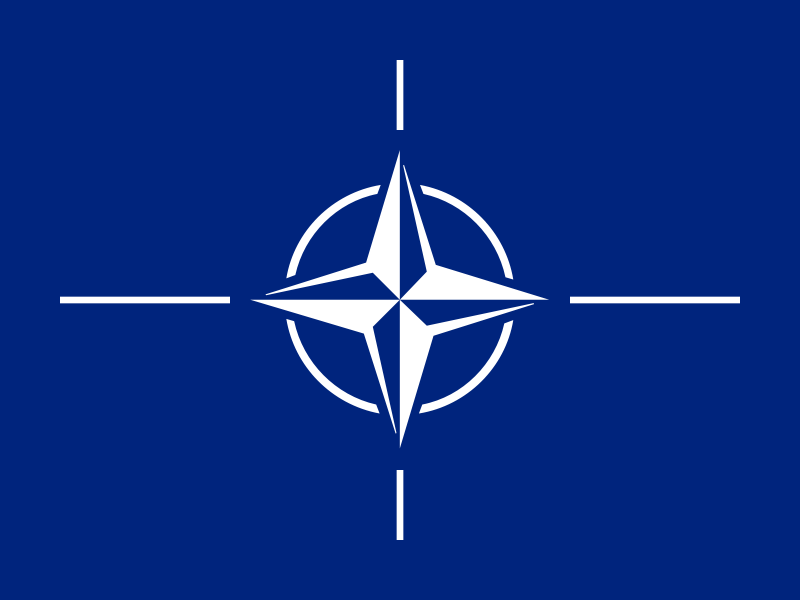Afghan insurgency being fuelled by Taliban leaders in Pakistan: Gen. McChrystal
 Washington, Sep. 21 : The top U. S. and NATO commander in Afghanistan warns in an urgent, confidential assessment of the war that while the insurgency is predominantly Afghan, it "is clearly supported from Pakistan.
Washington, Sep. 21 : The top U. S. and NATO commander in Afghanistan warns in an urgent, confidential assessment of the war that while the insurgency is predominantly Afghan, it "is clearly supported from Pakistan.
According to General Stanley A. McChrystal, senior leaders of the major Afghan insurgent groups are based in Pakistan, are linked with al Qaeda and other violent extremist groups, and are reportedly aided by some elements of Pakistan''s ISI."
Al-Qaeda and other extremist movements "based in Pakistan channel foreign fighters, suicide bombers, and technical assistance into Afghanistan, and offer ideological motivation, training, and financial support," he added.
According to a copy of the 66-page document, which has been obtained by The Washington Post, General McChrystal emphatically says: "Failure to gain the initiative and reverse insurgent momentum in the near-term (next 12 months) -- while Afghan security capacity matures -- risks an outcome where defeating the insurgency is no longer possible."
His assessment was sent to Defense Secretary Robert M. Gates on August 30 and is now being reviewed by President Obama and his national security team.
McChrystal concludes the document''s five-page Commander''s Summary on a note of muted optimism: "While the situation is serious, success is still achievable."
But he repeatedly warns that without more forces and the rapid implementation of a genuine counterinsurgency strategy, defeat is likely.
He also provides extensive new details about the Taliban insurgency, which he calls a muscular and sophisticated enemy that uses modern propaganda and systematically reaches into Afghanistan’s prisons to recruit members and even plans operations.
McChrystal''s assessment is one of several options the White House is considering. His plan could intensify a national debate in which leading Democratic lawmakers have expressed reluctance about committing more troops to an increasingly unpopular war.
Obama said last week that he will not decide whether to send more troops until he has "absolute clarity about what the strategy is going to be."
The assessment offers an unsparing critique of the failings of the Afghan government, contending that official corruption is as much of a threat as the insurgency to the mission of the International Security Assistance Force, or ISAF, as the U. S.-led NATO coalition is widely known.
The general says his command is "not adequately executing the basics" of counterinsurgency by putting the Afghan people first.
"ISAF personnel must be seen as guests of the Afghan people and their government, not an occupying army," he writes. "Key personnel in ISAF must receive training in local languages."
He also says that coalition forces will change their operational culture, in part by spending "as little time as possible in armored vehicles or behind the walls of forward operating bases."
Strengthening Afghans'' sense of security will require troops to take greater risks, but the coalition "cannot succeed if it is unwilling to share risk, at least equally, with the people."
McChrystal warns that in the short run, it "is realistic to expect that Afghan and coalition casualties will increase."
He proposes speeding the growth of Afghan security forces. The existing goal is to expand the army from 92,000 to 134,000 by December 2011. McChrystal seeks to move that deadline to October 2010.
Overall, McChrystal wants the Afghan army to grow to 240,000 and the police to 160,000 for a total security force of 400,000, but he does not specify when those numbers could be reached.
He also calls for "radically more integrated and partnered" work with Afghan units.
McChrystal says the military must play an active role in reconciliation, winning over less committed insurgent fighters. (ANI)